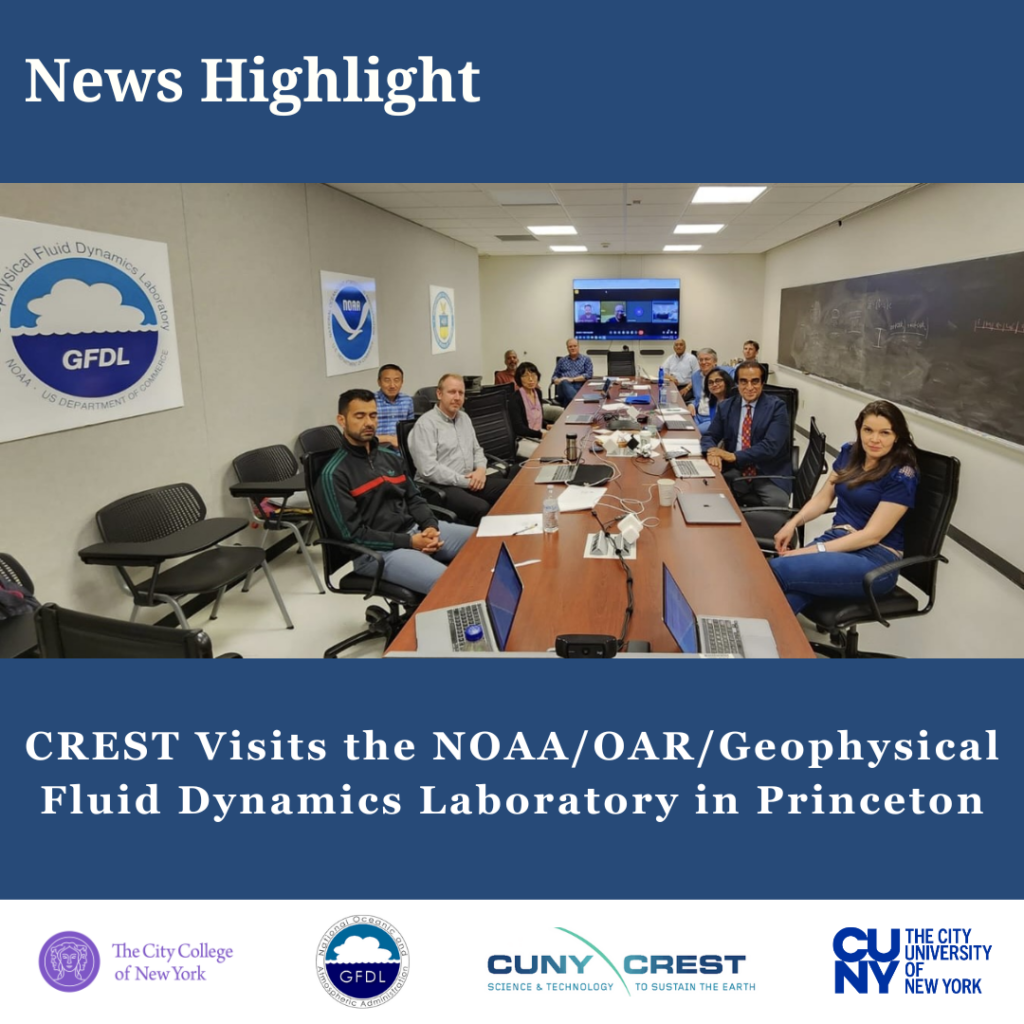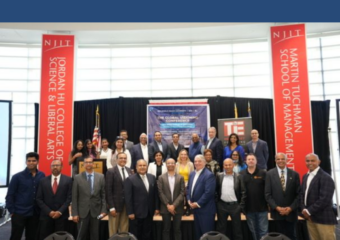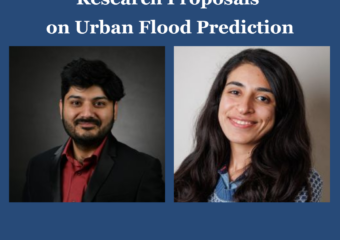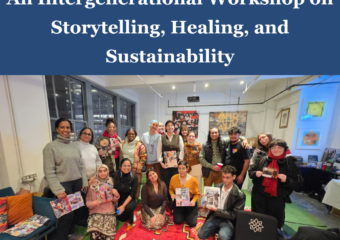CREST Visits the NOAA/ OAR/ Geophysical Fluid Dynamics Laboratory in Princeton
On March 13, 2023, a 7-members delegate led by the Director Dr. Ram Ramaswamy, NOAA Oceanic and Atmospheric Research (OAR) Geophysics Fluid Dynamics Lab (GFDL) team visited the CUNY CREST Institute at the City College of New York, NY. The purpose of the meeting was to expand the existing and explore new research and training collaborations between GFDL and CUNY for NOAA priorities associated with the agency’s mission for weather, ocean and climate modeling and prediction.
To follow up post the initial meeting in March, CUNY CREST Institute visited the GFDL on July 11, 2023. Directors, Deputies, and several scientists from the CREST Institute and GFDL participated in the meeting. The goal was to discuss the status of the proposed efforts, gain Chief Planning Organization’s feedback, and identify gaps. An orientation to understand GFDL’s models suite and output datasets was also conducted followed by a detailed discussion of proposals. Further, the team planned for the cooperative exchange efforts including lectures, course work, student opportunities, and workshops. The meeting ended with an executive session where the GFDL and CREST leadership recapped the days’ highlights and brainstormed on next steps in the areas that are critical and of mutual interest.
The meeting was engaging and productive. It helped review and finalize a two page project concept to represent to NOAA programs and pursue collaboratively, define several other important forms of collaboration, and establish actions needed to pursue the partnership.
One of the project proposals that was finalized during the meeting is titled, “Understanding the Dynamic Impact of Urbanization on Heatwaves and Regional Climate CUNY.” Co- Investigators (Co-Is) on the project include CREST affiliated faculty; Prathap Ramamurthy, James Booth, and Yana Kucheva and GFDL affiliated Co-Is; Veeshan Narinesingh and David Paynter. Elena Shevliakova will serve as the GFDL Collaborator. The primary objectives of the proposal include:
- To understand how large urban agglomerations impact regional to continental scale climate processes, particularly land-atmosphere interactions.
- To understand how urban climate processes impact atmospheric blocking responsible for persistent heat wave conditions.
- To understand the social implications of extreme heat events, particularly how they will impact urbanization trends, housing, and equity.
The Directors of GFDL and CREST were very pleased with the outcomes of the meeting. Reflecting on the visit, CUNY CREST Director, Dr. Reza Khanbilvardi said, “Building partnership with well established national centers of excellence, such as GFDL, is a big step in our strategy of providing opportunities for our faculty and students in being involved in cutting edge scientific research at the national level”
The meeting led to a series of six project concepts, and definition of five other types of mutually beneficial collaboration along with a commitment to initiate the items agreed upon and continue to unlock more opportunities in collaboration between CREST and GFDL.




